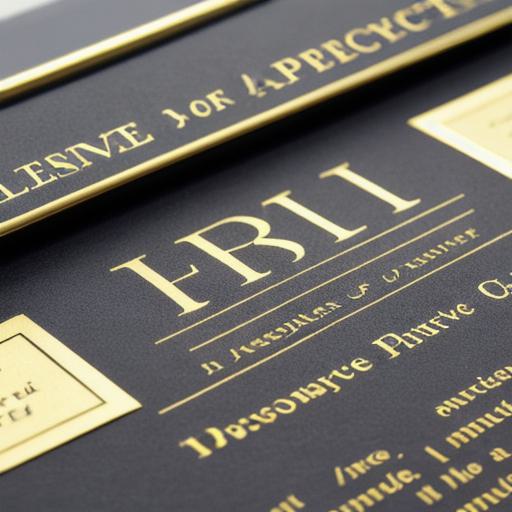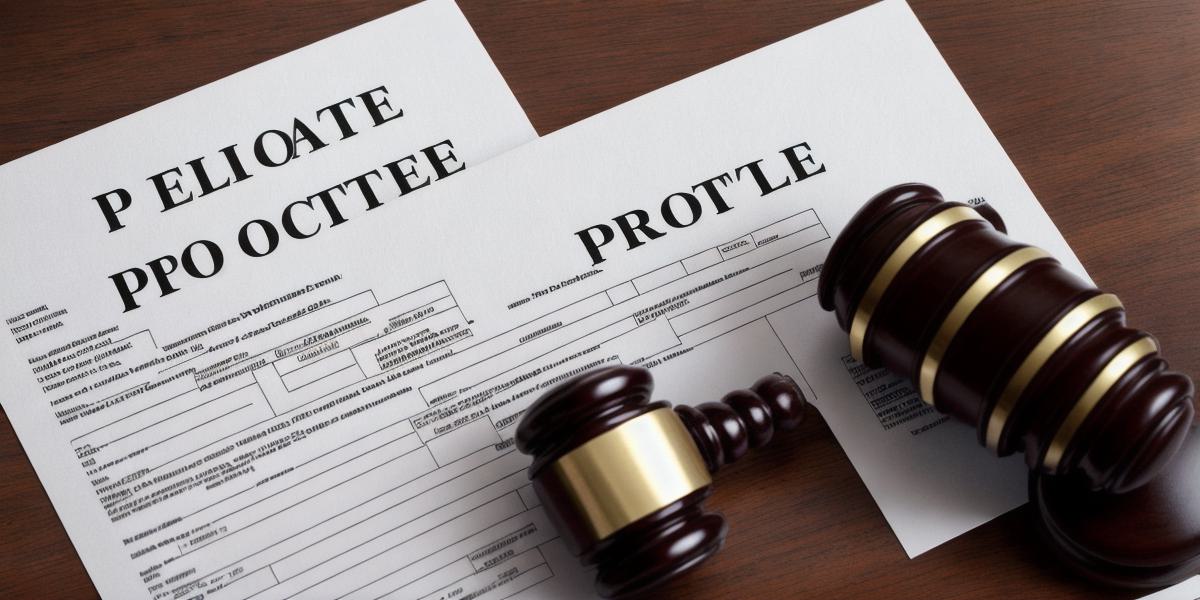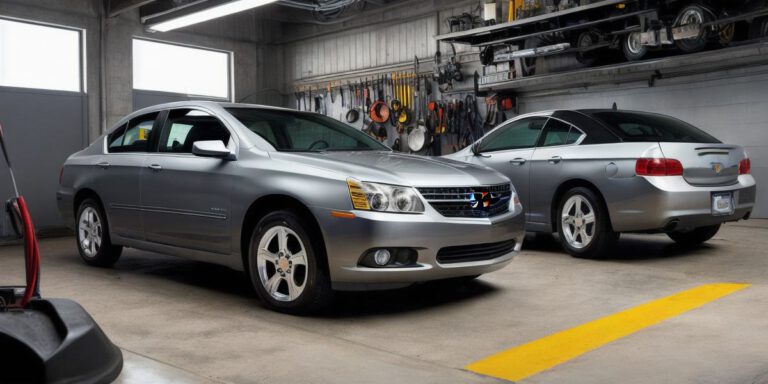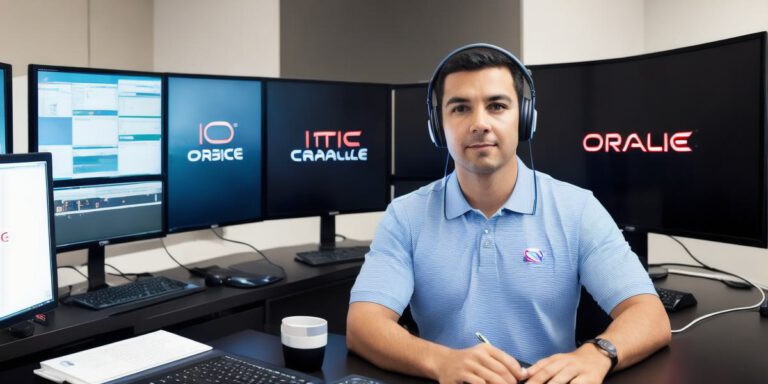A personal representative or executor is someone who is responsible for carrying out the terms of the will after an individual passes away. They are typically appointed by the will and have a fiduciary duty to act in the best interest of the beneficiaries. The personal representative is responsible for locating and inventorying all assets, paying any outstanding debts or taxes, distributing the assets according to the will, and handling any disputes or legal issues that may arise.

The probate process can be a lengthy and complex process in Pennsylvania, and there are several factors that can slow it down. One of the most common reasons for delays is the complexity of the estate. If an individual has multiple assets, including real property, businesses, or other complicated investments, it can take longer to locate and inventory them all.
Another factor that can affect the probate process is contested will or beneficiary disputes. If family members or others believe they were unfairly excluded from the will or that the terms of the will are unclear, they may challenge the probate process in court. These disputes can be emotionally and financially draining and can significantly delay the probate process.
Incomplete paperwork is another common reason for delays. If the will or other important documents are not properly executed or if there are errors or omissions, it can slow down the probate process as the court must first determine the validity of these documents before proceeding.
The personal representative’s availability and legal representation can also affect the probate process. If the personal representative is unavailable or unable to fulfill their duties, it may be necessary to hire another representative or seek legal guidance. Similarly, if legal representation is not obtained promptly, the probate process may be delayed as the court must first determine the legality of the will and other documents.
To speed up the probate process in Pennsylvania, individuals can create an organized estate plan that outlines their wishes and appoints a reliable personal representative. They should also gather all necessary documents, including the will, deeds, and tax returns, to ensure that there are no errors or omissions.
Additionally, avoiding disputes and hiring an experienced attorney can help speed up the probate process. An experienced attorney can guide individuals through the probate process and advise them on how to avoid common legal pitfalls. They can also represent individuals in court if necessary and work to resolve any disputes that may arise.















